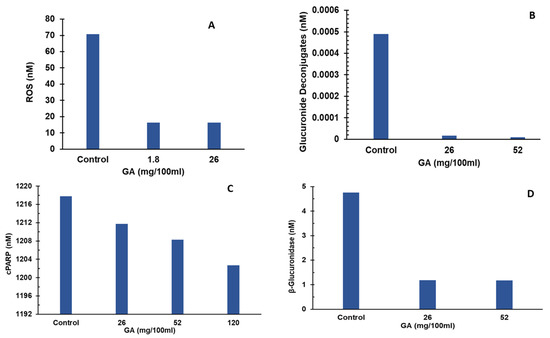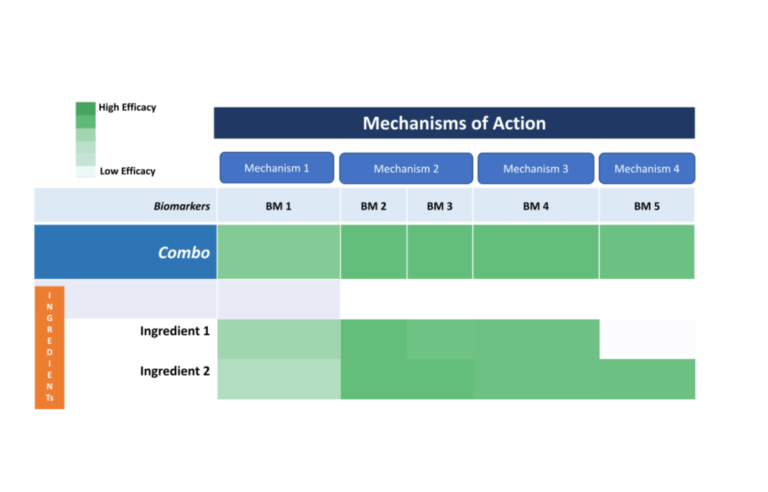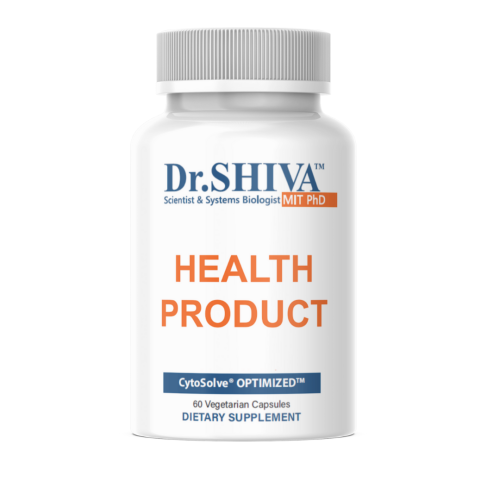The liver is a vital organ responsible for over 500 essential functions, playing a central role in metabolism, digestion, and detoxification.
The Open Science Institute’s Liver Health Initiative has now progressed to the Fourth phase — Combination screening. We need your support to move forward. Our goal is to raise $500,000 to research and reveal to the scientific community, highlighting the powerful potential of ingredients in Liver health. Please support this initiative.
The liver is a vital organ responsible for over 500 essential functions, playing a central role in metabolism, digestion, and detoxification. Located in the upper right abdomen, the liver filters the blood, breaking down toxins, drugs, and metabolic waste, making them easier for the body to eliminate. It also stores nutrients, produces bile for fat digestion, and regulates blood sugar and cholesterol levels. Liver detoxification occurs in two main phases. Phase I involves enzymes (primarily cytochrome P450) that modify toxins, often converting them into reactive intermediates. Phase II involves conjugation reactions that neutralize these compounds by attaching them to molecules like glutathione, making them water-soluble for excretion via urine or bile. While the liver naturally detoxifies the body, factors like poor diet, alcohol, medications, and environmental pollutants can burden its function. Symptoms of a sluggish liver may include fatigue, bloating, skin issues, or hormonal imbalances. Supporting liver health involves eating a balanced diet rich in antioxidants and sulfur-containing foods (e.g., garlic, cruciferous vegetables), staying hydrated, limiting alcohol, avoiding processed foods, and exercising regularly. Herbal compounds like milk thistle and turmeric may also support liver function. A healthy liver ensures effective detoxification and overall well-being.
The Systems Architecture of Liver Health is published as a Web-based tool open to public. Click below to interact with the systems architecture.
A peer-reviewed publication from the Liver Health Initiative has been released on 2023 in the Nutrients Journal to benefit the public by revealing powerful insights into the use of D-Glucaric acid to support liver detoxification—support this initiative to advance scientific discovery and deliver real solutions.
In this phase, the Liver Health Initiative will conduct in silico modeling to identify and test the efficacy of D-Glucaric acids on Liver detoxification via fourth molecular pathways namely ROS production, deconjugation, apoptosis of hepatocytes, and ß-glucuronidase synthesis activity.

Molecular pathways of liver toxicity. (A) ROS production resulting from exogenous toxins, such as alcohol, inducing liver damage by apoptosis; (B) Liver damage caused by deconjugation of endotoxins; (C) Death receptor-mediated signaling pathway in liver cells inducing liver damage by apoptosis; (D) β-glucuronidase synthesis pathway induced by endotoxin LPS. EtOH—Ethanol; ROS—Reactive oxygen species; TLR4—Toll like receptor 4; NADPH—Nicotinamide adenine dinucleotide phosphate; MyD88—Myeloid differentiation primary response 88; IKK—IκB kinase; NFkB—Nuclear factor kappa-light-chain-enhancer of activated B cells; JAK—Janus kinase; STAT3—Signal transducer and activator of transcription 3; AMPK–5’—AMP-activated protein kinase; Nrf-2—Nuclear factor erythroid 2–related factor 2; TNFa—Tumor necrosis factor-alpha; TNFR—TNF receptor; TRAIIL—TNF-related apoptosis-inducing ligand; FADD—Fas-associated death domain; Bid—BH3 interacting domain; Bcl2—B-cell CLL/lymphoma 2; Bax—Bcl2-associated X protein; Bak—Bcl-2 homologous antagonist/killer; APAF-1—apoptosis-activating factor-1; C-PARP—cleaved Poly (ADP-ribose) polymerase; LPS—Lipoplysaccharide; MyD88—Myeloid differentiation primary response 88; TLR4—Toll-like receptor 4; TIRAP—TIR domain containing adaptor protein; TRIF—TIR domain-containing adaptor inducing IFN-β; TRAM—TRIF related adaptor molecule; IRAK 1/2/4—IL-1R-associated kinases 1/2/4; TRAF6—TNF-receptor-associated factor 6; NF-κB—nuclear factor kappa-light-chain-enhancer of activated B cells; c-Myc—Cellular myelocytomatosis.

Effect of GA on liver toxicity pathways. (A) Effect of GA on ROS levels. GA supplementation led to reduction in reactive oxygen species concentrations compared to control. (B) Effect of GA on glucuronide deconjugates levels. GA supplementation led to reduction in glucuronide deconjugate concentrations compared to control. (C) Effect of GA on cPARP levels. GA supplementation led to a reduction in cPARP concentrations compared to control. (D) Effect of GA on β-glucuronidase levels. GA supplementation led to reduction in β-glucuronidase concentrations compared to control. GA—Glucaric acid; ROS—Reactive oxygen species; cPARP—cleaved poly (ADP-ribose) polymerase.
In this phase, combination screening will be performed to identify potential ingredient/compounds that target the biological process implicated in the pathogenesis of Liver diseases. This phase is yet to begin.

The Open Science Institute® through its Liver Health initiative is moving towards getting patents for a revolutionary molecule that affects Liver detoxification via fourth molecular pathways namely ROS production, deconjugation, apoptosis of hepatocytes, and ß-glucuronidase synthesis activity.
The Liver Health Initiative plans to discover, develop, license and manufacture a Liver Health product which supports treatment of many Liver diseases. Support our mission to bring this innovation to those who need it most. Please support this Phase by donating to the Liver Health Initiative.

